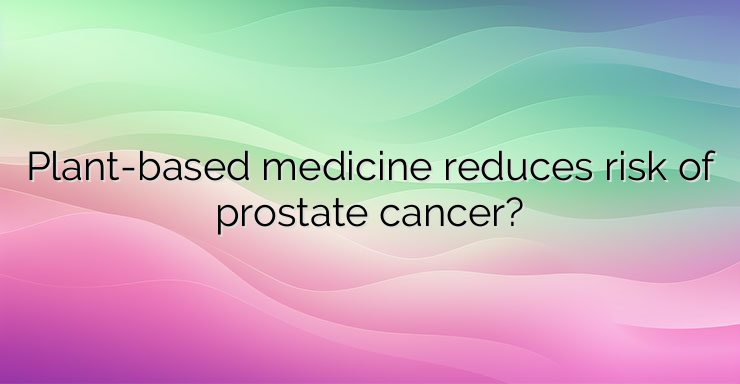The foxglove plant can help reduce the risk of prostate cancer by 1/4, say scientists from Johns Hopkins University in Baltimore. The medicinal substance digoxin, which is obtained by extracting the leaves of the plant, is already used to treat acute heart failure and heart rhythm abnormalities. Scientists now believe that it can help fight prostate cancer by stopping the progression of the disease. Digoxin was found to reduce the risk of the cancer by 24% among 47,000 men studied. But scientists caution that the results do not prove that digoxin, whose side effects include nausea, headaches and male breast enlargement, protects against the disease. So far, there is no evidence that digoxin has serious side effects, says Prof. Dr. Elisabeth Platz, a participant in the study published in the Cancer Discovery journal. The research team examined more than 3,000 ingredients already approved for medical use to find out whether any of digoxin emerged as the frontrunner among 38 promising candidates. A team of epidemiologists then looked at the medical records of about 47,000 men aged 40-75 who were followed up between 1986 and 2006. about 5,000 new cases of prostate cancer occur. A total of 2% of the group took digoxin regularly and they were 24% less likely to develop prostate cancer than those who did not use the medication. The results showed that the use of digoxin for more than 10 years, it reduces the risk of prostate cancer by half. Further studies will determine the mechanism of action of digoxin in the oncological disease and whether it will prove its effectiveness as a drug for the treatment of cancer, the researchers explain. Digoxin changes the biological pathways for sodium and potassium in heart cells. Scientists believe that it may have a similar effect on cancer cells.


Leave a Reply